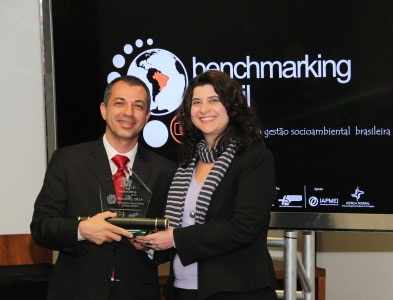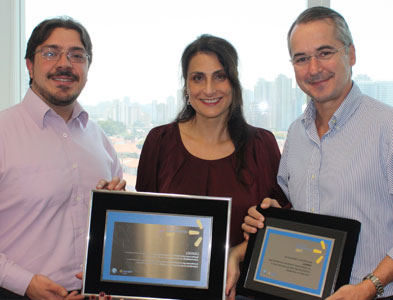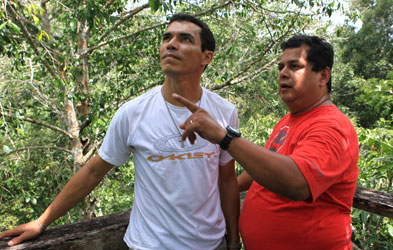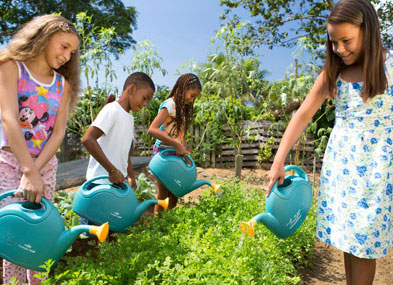Corporate Governance

procedures helps mitigate risks.
Cargill is a private company and its shares are not traded publicly. The company’s highest authority in Brazil is its Executive Board, consisting of the CEO and seven directors. Additionally, the leaders of the Business Units and Functional Areas comprise the local Senior Leadership Team (SLT), which ensures the alignment between corporate strategy and company operations.
To support decisions and strengthen the link between strategy and operations, Cargill also has five corporate committees. These committees meet regularly or as necessary to discuss defined agendas relevant to the company and to produce action plans and business guidelines that are communicated to the respective areas.
Business Ethics Committee
This committee ensures compliance of the Code of Conduct and manages any risks involving Cargill’s brand and reputation. It also defines the company’s position on public policies and in the interaction with its stakeholders, to ensure businesses are conducted with integrity and transparency.
Sustainability Committee
This committee’s role is to disseminate the sustainability strategy to all company areas and communities. It studies the social and environmental impact of the company’s operations, assesses ways to mitigate this impact, and looks for opportunities to apply best practices.
Human Resources Committee
This committee supports talent attraction, selection, and management, based on guidelines that promote diversity and inclusion. It also discusses and reviews policies for compensation, benefits, labor practices, pension fund investments, and career transition initiatives.
Financial Risks Committee
This committee defines policies, standards, and procedures to properly manage risks and ensure business continuity in the face of changes in foreign-exchange rates, commodity prices, and economic and financial factors that can impact operations.
Workplace Health and Safety Committee
This committee monitors indicators on employee health and safety to identify and manage areas of risk. It also supports initiatives to comply with and improve safety standards and procedures within and outside the company.
Communication between leaders and employees is encouraged to support ongoing improvement of corporate governance. Voz Cargill (Cargill Voice) and Comunicar para Conectar (Communicate to Connect) are part of this effort. Voz Cargill provides a means for employees nationwide to talk to the CEO and company directors every four months, using conference calls and online chats. It represents an opportunity to clarify doubts and interact transparently with the leadership. Comunicar para Conectar has been happening every four months since 2008. It is a gathering of the CEO, directors, and managers in which they can reflect on policies, guidelines, and results, and discuss goals, strategies, and perspectives. The meeting is transmitted in real time to plant managers throughout Brazil, so that any decisions are speedily conveyed to the operational teams. GRI 4.4







